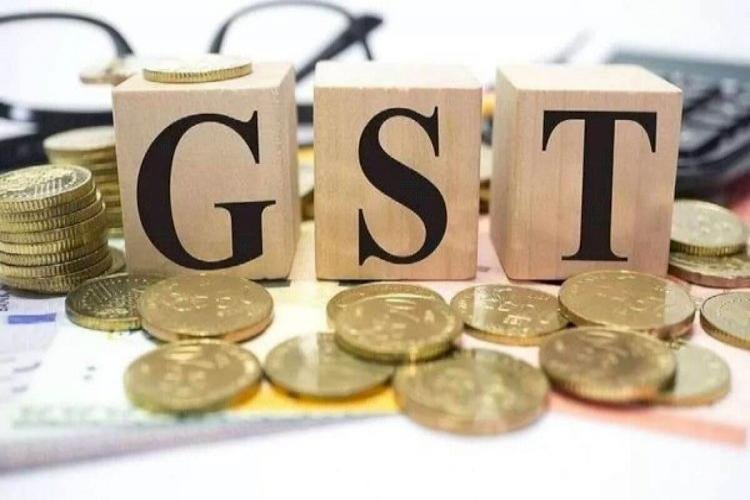States Had Demanded GST On Food And Drink, Know What The Revenue Secretary Said On Tax Evasion
Under the new GST rule that came into effect on July 18, now you will have to pay 5 percent GST on packaged goods like curd, buttermilk, and semolina to flour. There is a lot of resentment among the people about this decision. At the same time, on this, a top government official said that the decision to impose a tax, which came into effect on July 18, is not of the Central Government but of the GST Council. He said that it was considered by the fitment committee, which has officials from some states and the Centre.

New Delhi : Under the new GST rule that came into effect on July 18, now you will have to pay 5 percent GST on packaged goods like curd, buttermilk, and semolina to flour. There is a lot of resentment among the people about this decision. At the same time, on this, a top government official said that the decision to impose a tax, which came into effect on July 18, is not of the Central Government but of the GST Council. He said that it was considered by the fitment committee, which has officials from some states and the Centre.
The changes relating to GST rate, in pursuance of recommendations made by the @GST_Council in its 47th meeting, came into effect from today, 18th of July, 2022.
Here is the FAQ regarding the GST levy on ‘pre-packaged and labelled’ goods ????
Read more ➡️ https://t.co/5mHCh9PFyX pic.twitter.com/s3Yfj5QVev — Ministry of Finance (@FinMinIndia) July 18, 2022
Revenue Secretary Tarun Bajaj told PTI here that it was also recommended by a Group of Ministers (GoM) consisting of ministerial representatives from some states and finally by the GST Council. He said that overall, the GST Council, the new constitutional mechanism in the country to take decisions on GST, took a consensus view on the imposition of tax.
He said that pulses, wheat, rye, oats, maize, rice, atta, semolina, gram flour, murmur, and curd/lassi when sold in the open and not pre-packaged or pre-labeled, no There will be no GST.
Bajaj said this (tax on essential goods) was there in many states before GST was implemented during VAT nimmam (on July 1, 2017). States were getting revenue (by levying VAT on food items). This new Goods and Services Tax (GST) rule came once in 2017. But it was imposed only on branded products.
The rules provide that GST will not be levied on pre-packaged goods if the brand excludes actionable claims. Due to this, some well-known brands started selling these items in packets that had their brand on them but there was no actionable claim on them. He said that I do not want to be named but very famous brands in the country were not paying taxes by using this particular loophole and it was creating an arbitrage.
He said that the states also gave us feedback that before the introduction of GST, we used to get a lot of money and we should do something. However, he did not name the states. Eliminating the distinction between branded and non-branded products was also an exercise to simplify the tax regime and create a level playing field with minimum potential for legal challenges. He said it gives equality to all brands and companies by removing any disparity.

 Purohit Vahini
Purohit Vahini